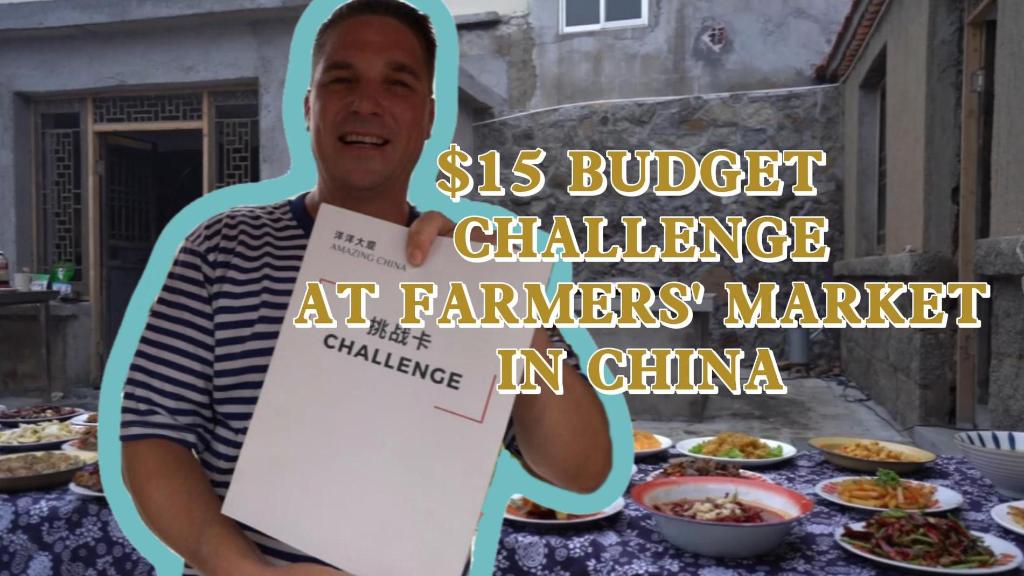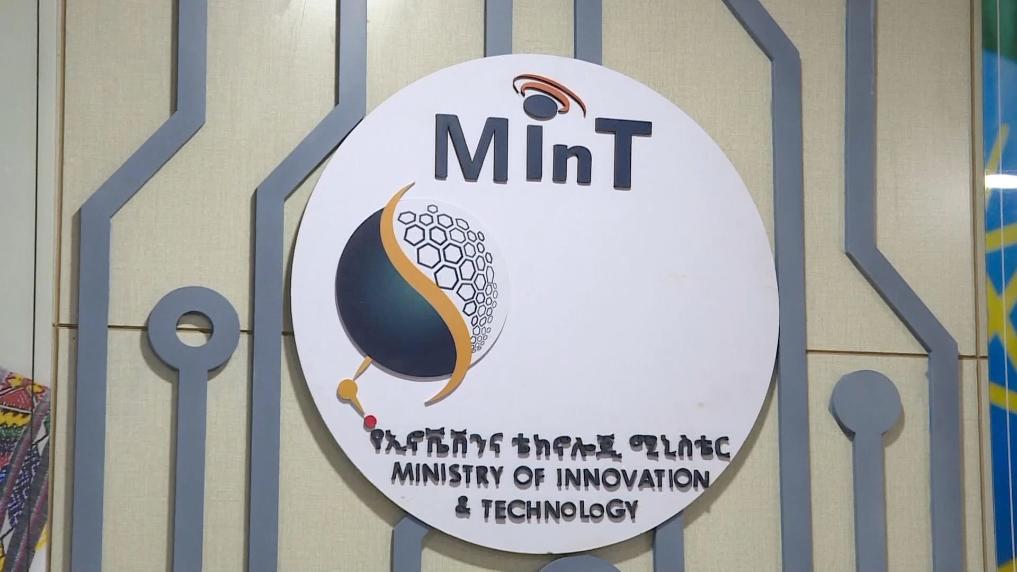* According to local media reports, Paetongtarn had been immersed in politics as a youngster when she accompanied her father on political work around the country. After spending some time in the family business, Paetongtarn entered politics to take up positions in the Pheu Thai Party which is closely associated with her father Thaksin.
* The quick election of Paetongtarn might spare Thailand more political uncertainties and related economic impact. However, the removal of Srettha shows that the political stability could still be fragile, and her government would also face challenges to boost the country's lackluster economic growth.
* Paetongtarn is expected to carry on the friendly and close relationship between Thailand and China.
BANGKOK, Aug. 17 (Xinhua) -- Paetongtarn Shinawatra, leader of Thailand's Pheu Thai Party, was elected as the country's new prime minister on Friday after winning a parliamentary vote.
Paetongtarn, 37, will be officially sworn in as the country's youngest and second female PM after receiving the royal endorsement from Thai King Maha Vajiralongkorn.
As the third Thai PM bearing the Shinawatra name after her father Thaksin and her aunt Yingluck, she would need to navigate a complicated political landscape and try to boost the sluggish economy of the Southeast Asian country.
YOUNGEST PM FOR THAILAND
Paetongtarn became the country's PM after the sudden dismissal of Srettha Thavisin by the constitutional court earlier this week.
The court removed Srettha, who had served as prime minister for less than a year, for breaching ethical standards under the country's constitution when appointing a cabinet minister earlier this year.
The day after the court ruling, the ruling coalition led by Pheu Thai Party reconfirmed their commitment to work together and named Paetongtarn as the PM candidate. On Friday, she received 319 votes out of the current 493 legislators in the lower house of parliament, more than the simple majority required for approval.
Meeting the press after the parliamentary vote, Paetongtarn expressed her appreciation to the members of the parliament who supported her. She said she was surprised by the dismissal of Srettha, but "the country must move forward" and it's time for her to come up for the country and her party.
Born on Aug. 21, 1986, Paetongtarn is the youngest daughter of Thaksin, who is arguably the most influential political figure in Thailand for more than two decades.
Paetongtarn was in Bangkok's elite schools for her early education before taking up political science at Chulalongkorn University. She later received a master's degree in hotel management in Britain. She married in 2019 and is now a mother of two young children.
According to local media reports, Paetongtarn had been immersed in politics as a youngster when she accompanied her father on political work around the country. After spending some time in the family business, Paetongtarn entered politics to take up positions in the Pheu Thai Party which is closely associated with her father Thaksin.
Paetongtarn became the leading PM candidate of the Pheu Thai Party for the general election in 2023.
After the election, Pheu Thai joined hands with the conservative parties of the previous government to form the ruling coalition and nominated Srettha, a former property tycoon, to be the prime minister. Paetongtarn later became the Pheu Thai Party chief.
EFFORTS AGAINST MULTIPLE CHALLENGES
The quick election of Paetongtarn might spare Thailand more political uncertainties and related economic impact. However, the removal of Srettha shows that the political stability could still be fragile, and her government would also face challenges to boost the country's lackluster economic growth.
Srettha's government had an uneasy relationship with the central bank over monetary policy and several of his mega infrastructure proposals have yet to take off. A 10,000-baht (around 280 U.S. dollars) per head digital money distribution to 50 million eligible Thai citizens, a flagship campaign promise of the Pheu Thai Party, has sparked controversies and now faces possible cancellation, according to local media reports.
In July, the World Bank trimmed Thailand's economic growth expectation to 2.4 percent in 2024, down from the 2.8 percent forecast in April, mainly due to weaker-than-expected exports and contracted public investment earlier this year.
At the press conference after the parliamentary vote on Friday, Paetongtarn said she would articulate the formation of a new government and policy issues after royal endorsement, and also promised to do her best.
"I really hope that I can make people feel confident that we can create opportunities, improve the quality of life and empower all Thais," she said.
CHINA-THAILAND COOPERATION TO GROW
Both Thaksin and Yingluck attached great importance to the relationship with China during their respective terms and pushed for greater cooperation between the two countries in trade, investment, and infrastructure, among others.
During his time in office, Srettha also pushed for mutually beneficial cooperation with China, including reaching an agreement on mutual visa exemption, which has led to a significant increase of people-to-people exchanges between the two countries.
China remains the largest trading partner of Thailand and one of its most important investment sources. China's vast market absorbs large quantities of Thai durians and other agricultural products. Chinese electric vehicles have experienced exponential growth in Thailand, attracting investments from multiple Chinese automakers for local production in the country, thereby creating job opportunities.
Paetongtarn is expected to carry on the friendly and close relationship between Thailand and China.
China congratulates Paetongtarn on her election as the Prime Minister of Thailand, a Chinese foreign ministry spokesperson said on Friday.
The spokesperson said that China believes the people of Thailand will make new and greater achievements on the development path suited to Thailand's national conditions.
The spokesperson added that China and Thailand are close and friendly neighbors and that as the next year marks the 50th anniversary of their bilateral diplomatic ties, the two countries will embrace new historic opportunities for the growth of bilateral relations.
China stands ready to work with Thailand to carry forward the traditional friendship, step up strategic communication, deepen practical cooperation, and deliver more progress in building the China-Thailand community with a shared future, the spokesperson said.
(Video reporters: Wan Houde, Chen Qianci, Gao Bo, Lin Hao, Tim, Thana; video editors: Zhang Mocheng, Luo Hui, Hong Yan.)■












